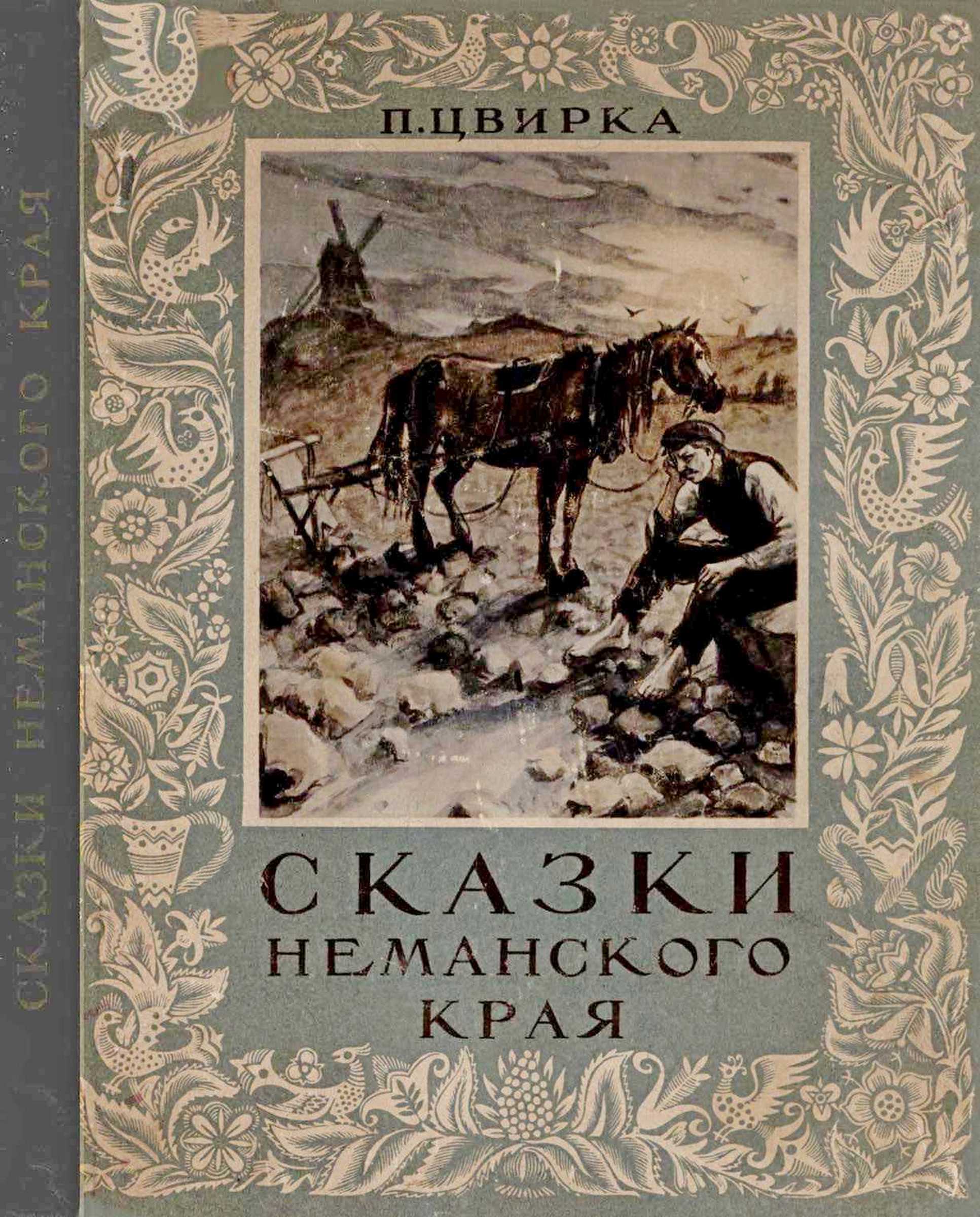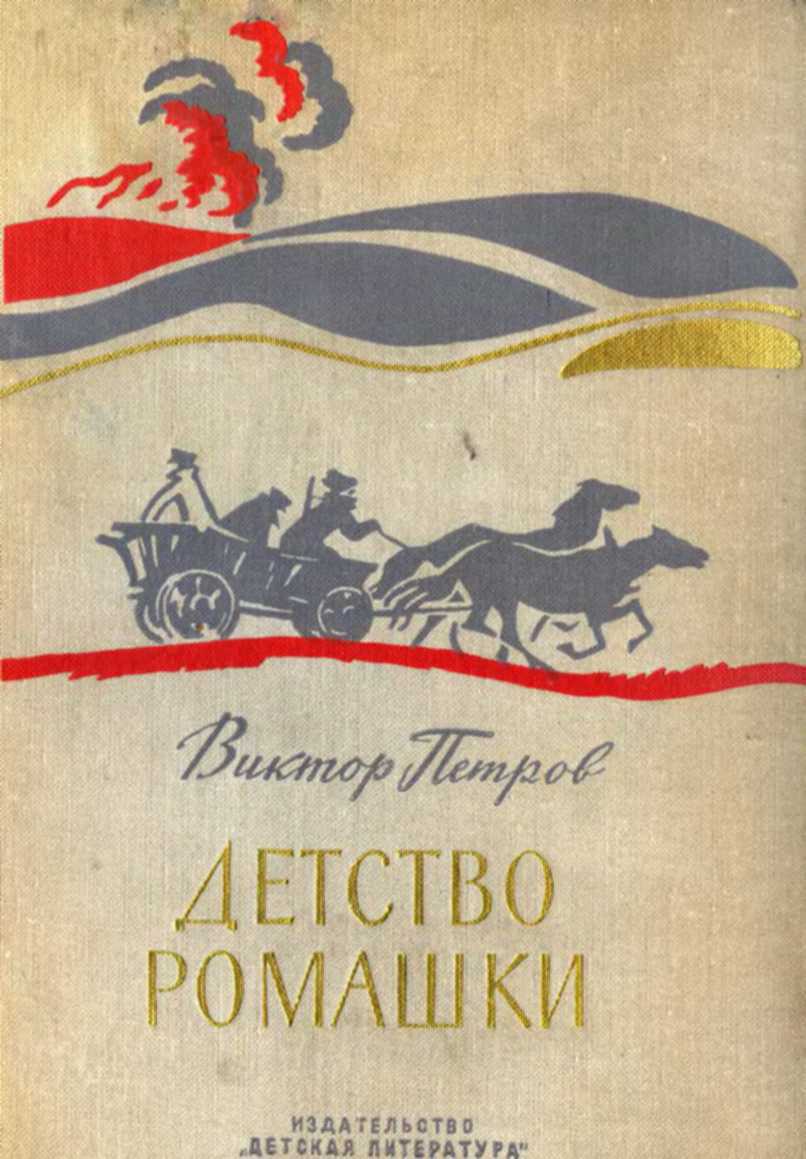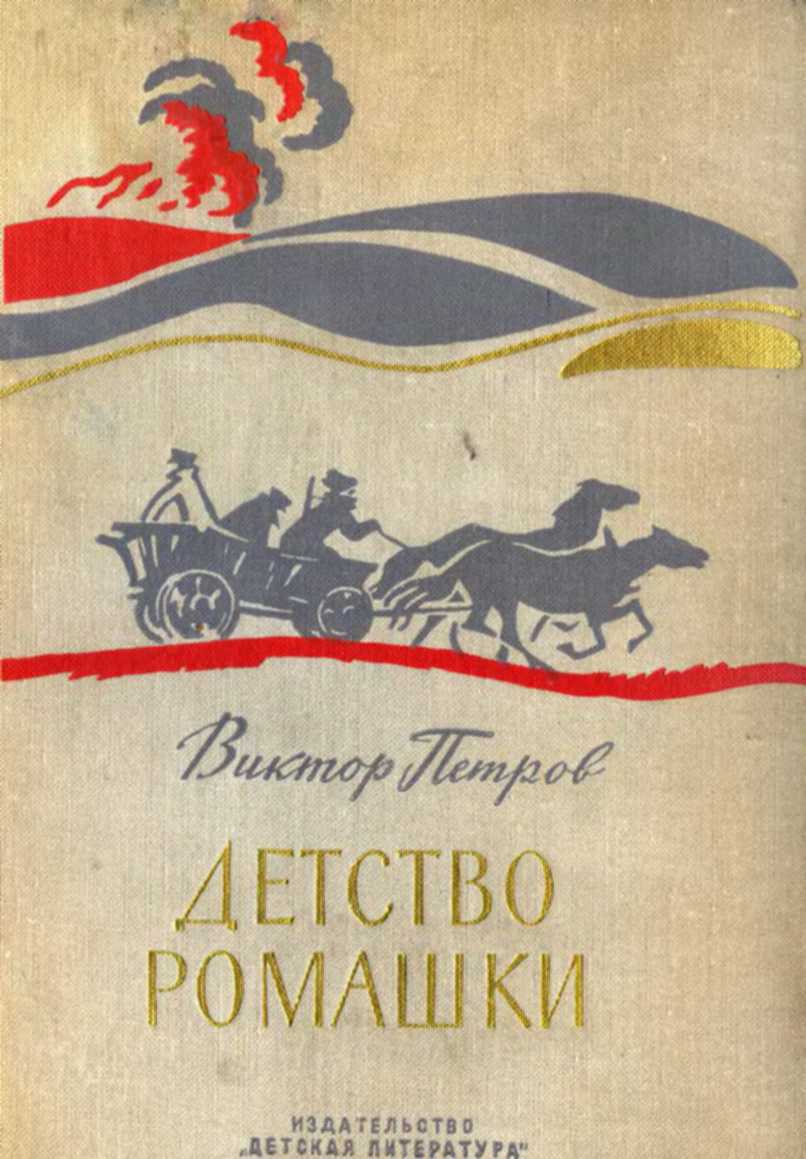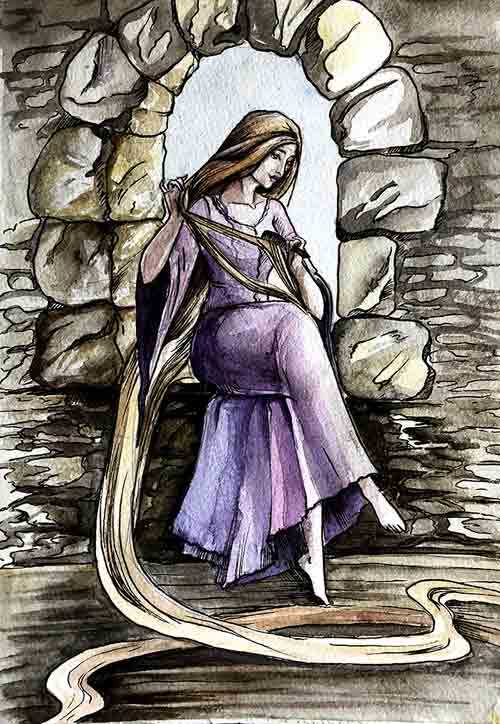Книга Сладкая история мира. 2000 лет господства сахара в экономике, политике и медицине - Ульбе Босма
На нашем литературном портале можно бесплатно читать книгу Сладкая история мира. 2000 лет господства сахара в экономике, политике и медицине - Ульбе Босма полная версия. Жанр: Разная литература / Приключение. Онлайн библиотека дает возможность прочитать весь текст произведения на мобильном телефоне или десктопе даже без регистрации и СМС подтверждения на нашем сайте онлайн книг knizki.com.
Шрифт:
-
+
Интервал:
-
+
Закладка:
Сделать
Перейти на страницу:
Перейти на страницу:
Внимание!
Сайт сохраняет куки вашего браузера. Вы сможете в любой момент сделать закладку и продолжить прочтение книги «Сладкая история мира. 2000 лет господства сахара в экономике, политике и медицине - Ульбе Босма», после закрытия браузера.
Книги схожие с книгой «Сладкая история мира. 2000 лет господства сахара в экономике, политике и медицине - Ульбе Босма» от автора - Ульбе Босма:
Комментарии и отзывы (0) к книге "Сладкая история мира. 2000 лет господства сахара в экономике, политике и медицине - Ульбе Босма"
























